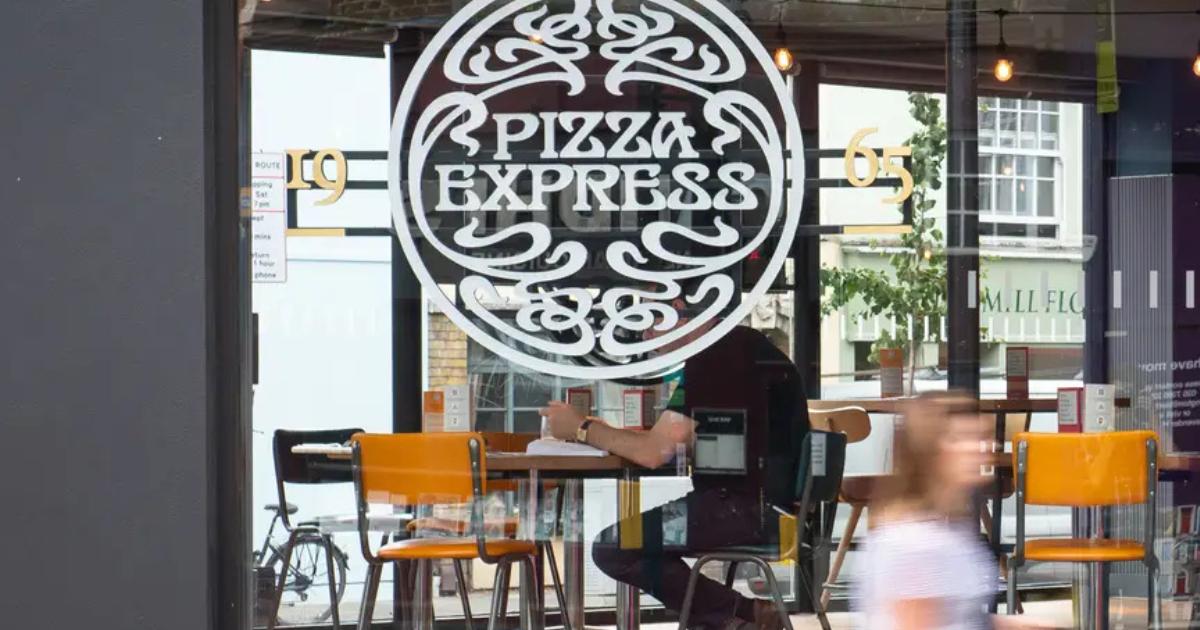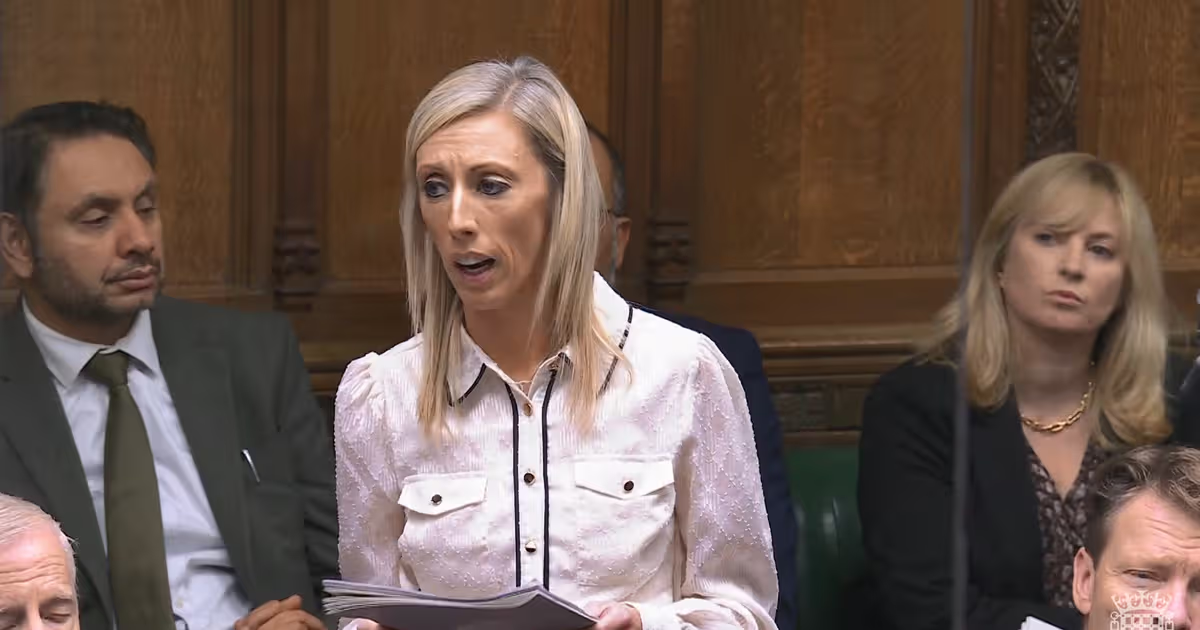Crispin Glover, best known for starring in the Back To The Future franchise alongside Michael J. Fox, has been accused of battery and assault. He lawyer said the star denies the ‘baseless allegations in the strongest possible terms’
Crispin Glover has been accused of battery and assault. The 61-year-old Back To The Future actor – who played George McFly in the time travel trilogy – has denied allegations of battery, fraud, wrongful eviction, malicious prosecution, and intentional infliction of emotional distress, with the claims made in a lawsuit filed from a former girlfriend.
As reported by PEOPLE magazine, the filing details an alleged “disturbing series of incidents in which Jane Doe was essentially held captive and used for sex and free labor by Mr. Glover under false pretences”.
He is also accused of violating California’s civil rights law, known as the Bane Act.
Mr Glover has denied the allegations, with his lawyer claiming that he was the victim of an unprovoked felony assault by Jane Doe at his Los Angeles residence.
READ MORE: Back to the Future fans only just spotting clever detail in movieREAD MORE: 80s film legend barely recognisable 40 years after he starred in iconic blockbuster
Glover’s accuser, known as Jane Doe and described as a model from the UK, alleged she met the actor on social media 11 years ago. She claims while she considered him “a friend” at the time, he made “strange advances” in his messages, urging her to move to Los Angeles.
They are said to have met in person eight years later in Dresden, Germany, where she alleges he showed her “several items of Nazi memorabilia” he’d collected.
Ensure our latest headlines always appear at the top of your Google Search by making us a Preferred Source. Click here to activate or add us as your Preferred Source in your Google search settings
Glover is accused of “grooming” her, and promising “a new life where she could start over and have a career in the entertainment industry through some sort of business relationship with him”, as well as a home and a job if she moved to LA as his assistant in 2024.
She has alleged that once she arrived in California, she was “in a disturbing situation where Mr. Glover wanted to control her actions and track her whereabouts and basically serve him as a live in girlfriend/sex slave”.
In the lawsuit, Jane Doe alleges she “relied entirely on Mr. Glover’s promises for money and shelter”.
He’s accused of locking Doe – who describes herself as a “practicing Muslim” – out of the home when she left to go to a mosque, and she claimed when she returned assuming it had been an empty threat, he “wanted her to find a new place to with”, evicting her “without notice or warning of any kind”.
As well as being rendered “homeless”, Doe has alleged Glover assaulted her when she attempted to get back into the home to receive her cats and belongings.
She has accused him of attacking her, “grabbing her neck and choking her in a headlock, leaving a visible wound and scar on her neck”. Elsewhere, she has accused him of filing a “false police report” describing her as an “unlawful intruder”, and filing a restraining order against her, while allegedly still contacting her to try and renew their sexual relationship.
In the complaint, the restraining order petition is described as “malicious” and “fraudulent”, while Doe insists the filing was “swiftly dismissed for failure to prosecute”.
Glover’s representative said in a statement: “Mr. Glover denies these baseless allegations in the strongest possible terms. The reality is that on March 2, 2024, Mr. Glover was the victim of an unprovoked felony assault by Jane Doe at his Los Angeles residence. Mr. Glover called LAPD, which came to the scene, investigated, and arrested Jane Doe.
“These facts are documented by law enforcement records and by the restraining order filed by Mr. Glover against Jane Doe at that time.
“Mr. Glover intends to vigorously defend himself and pursue all available relief.
“He is confident the judicial process will expose this lawsuit as a meritless fabrication.”
Doe is seeking a jury trial, and wants general and special damages, plus punitive and exemplary damages, as well as lawsuit costs, attorney fees, and other relief to be determined by a court.
Join The Mirror’s WhatsApp Community or follow us on Google News, Flipboard, Apple News, TikTok, Snapchat, Instagram, Twitter, Facebook, YouTube and Threads – or visit The Mirror homepage.
































































